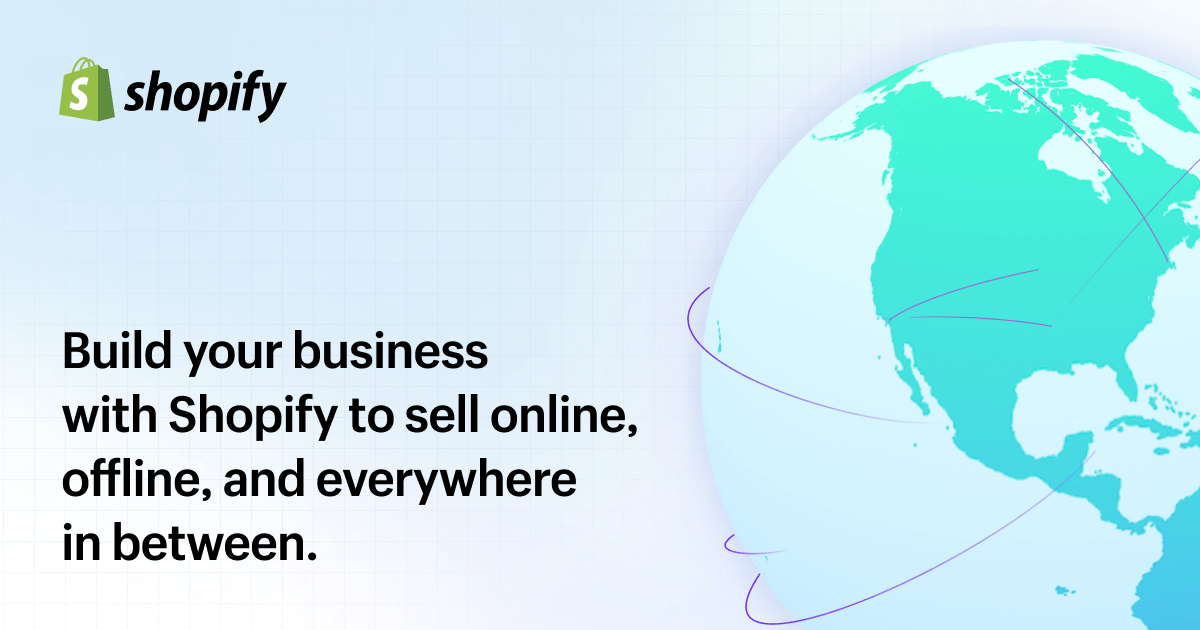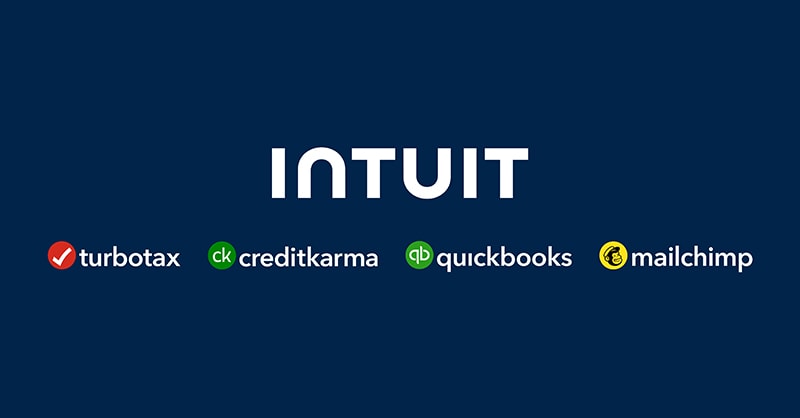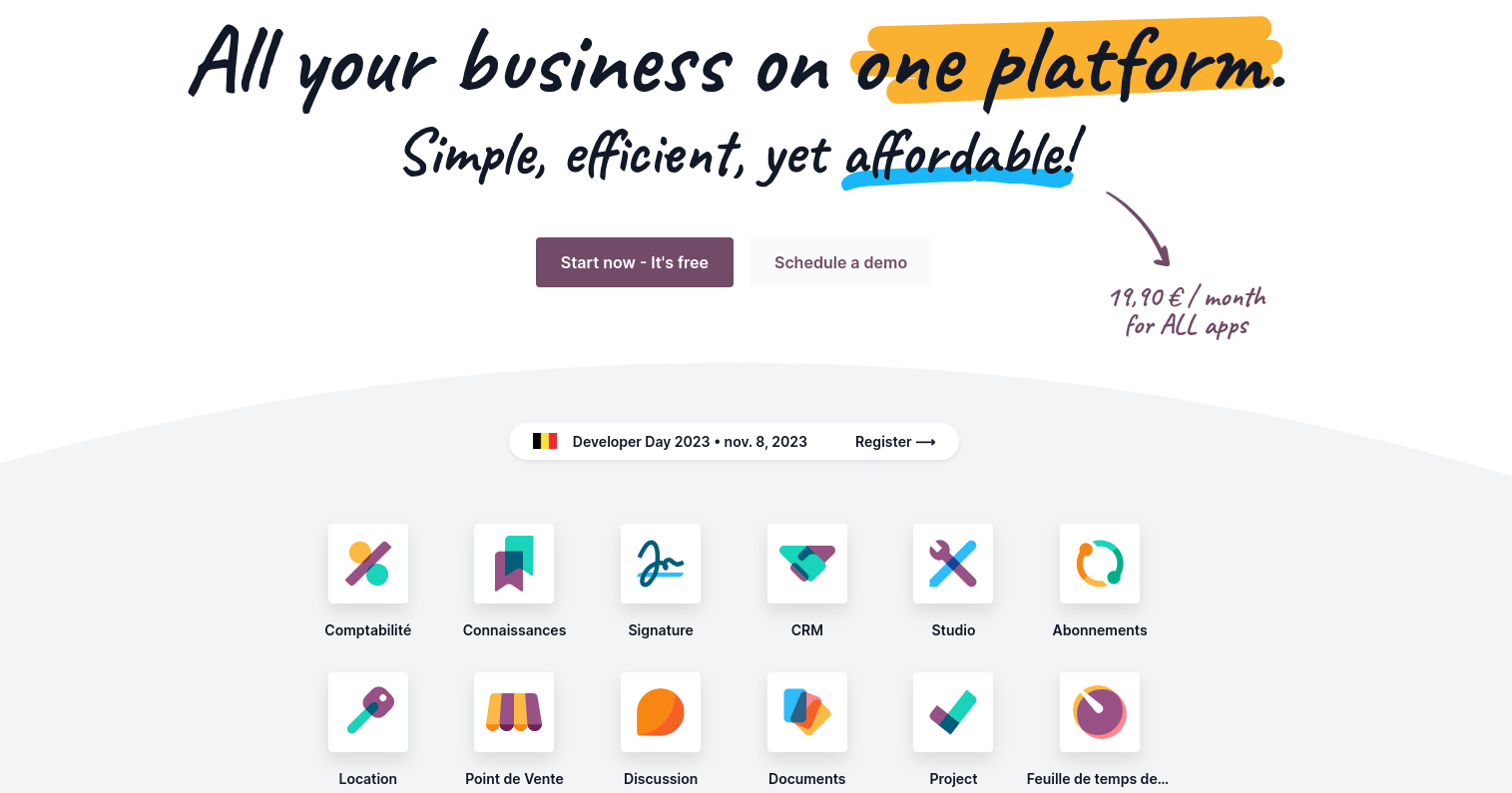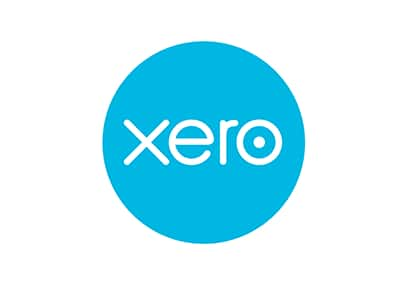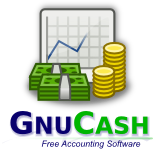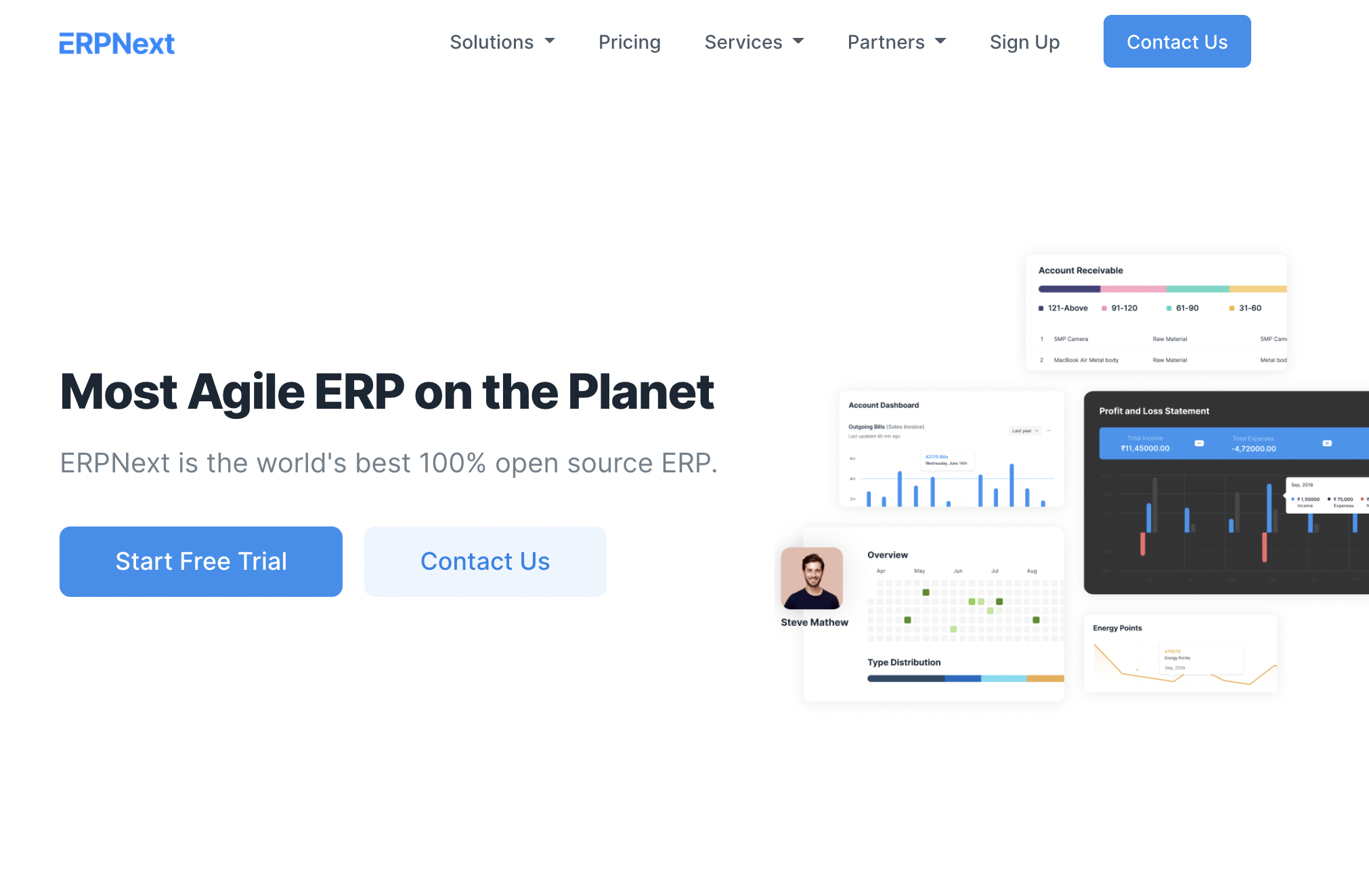Introduction
Accounting is crucial for any business, big or small, to keep track of finances and make informed business decisions. With the proliferation of accounting software in the market, it can be challenging for small business owners to choose the right solution. This guide evaluates the top 15 accounting software based on usability, features, pricing and other factors to help you pick the ideal option for your needs.
Methods of Evaluation
The accounting software solutions were evaluated based on the following criteria: features and functionality, pricing and plans, ease of use, integration capabilities, reviews and ratings, mobile compatibility, security, and customer support. Additional criteria like the number of backlinks, traffic and keyword search trends were also considered to determine the popularity and demand for each software. The key aspects like bookkeeping, invoicing, expense tracking, reporting, payroll (if available) were assessed under the feature evaluation.
1. Desktop Accounting Software
Desktop Accounting Software is one of the leading accounting software for small businesses. Founded in 2005 and headquartered in Ottawa, Canada, Desktop Accounting Software aims to provide small business owners with an easy to use accounting platform to manage finances.
Pros: Some key advantages of Desktop Accounting Software include: Simple and intuitive user interface that requires no prior accounting knowledge, Integrates inventory, payments, expenses and other key business tools in one platform, Real-time business insights with automated reporting and dashboards, robust features for invoicing, quotes, time tracking and more.
Cons: A potential disadvantage is the pricing, which is on the higher side for basic accounting needs. There are cheaper alternatives available in the market.
Pricing: Desktop Accounting Software offers 3 pricing tiers – Simple Start ($25/month), Essentials ($40/month) and Advanced ($60/month). All plans include invoicing, expenses, timesheets, inventory etc. Advanced plan adds additional features like multi-user access, advanced reporting etc.
Some key stats about Desktop Accounting Software include: Used by over 500,000 small businesses worldwide, Integrations with over 30 payment gateways and shipping carriers, Award winning customer support team available 24/7, Continuously updated to support latest accounting and tax standards.
2. QuickBooks
QuickBooks is an accounting software developed and marketed by Intuit. As one of the most popular accounting software packages for small businesses, QuickBooks has been helping small business owners manage their finances for over 30 years. It offers easy-to-use tools for tracking income and expenses, managing invoices, monitoring inventory levels, processing payroll, and more.
Pros: Some key advantages of QuickBooks include:
– Very popular and widely used accounting software.
– Offers basic and advanced features for small businesses.
– Easy to use and learn with guided set up.
– Supports invoicing, expenses, payroll and more.
Cons: A potential disadvantage is that the pricing can be higher for more advanced features compared to some other accounting software options.
Pricing: QuickBooks offers several pricing tiers starting from a basic plan for $20/month to advanced plans for $45-50/month depending on the number of users and features required.
Some key stats about QuickBooks include:
– Used by over 4 million small businesses worldwide.
– Processes over $1 trillion in payments annually.
– Available in over 100 countries.
– Supports integration with over 6,000 apps and services.
3. SAP Business One
SAP Business One is an ERP software package geared towards small and medium sized businesses. Developed by German software giant SAP, SAP Business One provides integrated financials, inventory, CRM and business intelligence capabilities in a single cloud-based platform.
Pros: Some key advantages of SAP Business One include:
– Scalable cloud ERP package that can grow with a business as it scales
– Integrated functionality removes need for separate financials, CRM and inventory systems
– Seamless integration options available with hundreds of other applications
– Robust reporting and business intelligence capabilities provide management visibility
Cons: A potential disadvantage of SAP Business One is that the upfront licensing costs and ongoing subscription fees may be prohibitive for very small businesses on tight budgets.
Pricing: SAP Business One pricing is subscription-based, starting at around $80-150 per user per month depending on the plan and number of users. Implementation, support and maintenance services are sold separately.
Some key stats about SAP Business One include:
– Used by over 50,000 customers worldwide
– Available in 25 languages
– Integrates with over 300 additional applications via SAP App Center
4. Odoo
Odoo is an open source ERP and CRM software that provides organizations with a comprehensive suite of business applications. Originally known as OpenERP, Odoo was founded in 2005 and is headquartered in Belgium. It provides organizations with solutions for accounting, manufacturing, project management, inventory management, point of sale, ecommerce, website builder, and more.
Pros: Some key advantages of Odoo include:
– Highly customizable interface and functionality through Python
– Vertically-focused applications for industries like manufacturing, education, healthcare, and more
– Open source and affordable pricing compared to traditional ERP solutions
– Full suite of business applications to meet all functionality needs in a single product
Cons: Some potential disadvantages could include:
– Steeper learning curve compared to simpler ERP and CRM solutions since it is highly customizable
– Limited pre-built industry templates compared to specialized software
– Less well known brand compared to behemoths like SAP and Oracle
Pricing: Odoo offers flexible subscription-based pricing plans starting from $49 per user/month for the Enterprise edition. They also offer a generous free Community edition for up to 5 concurrent users.
Some key stats about Odoo include:
– Used by over 50,000 companies worldwide
– Supported in over 80 countries and translated into 30+ languages
– 12 integrated modules covering ERP, CRM, ecommerce, project management, and more
– Easy to customize through user-friendly interface and Python development environment
5. PBC
PBC is an online accounting software for ecommerce stores built on and integrated with the BigCommerce platform. PBC allows ecommerce store owners to manage their finances and inventory directly within their BigCommerce admin.
Pros: Some of the key advantages of using PBC accounting software include:
– Integrates seamlessly with BigCommerce stores for a unified experience
– Saves time by eliminating need to migrate data between store and accounting platforms
– Automates repetitive accounting tasks to gain insights faster
Cons: A potential disadvantage is that PBC accounting software only works for ecommerce stores built on the BigCommerce platform. Stores using other platforms will need to consider alternative accounting options.
Pricing: PBC offers simple monthly pricing plans starting at $49 per month for the Basic plan ideal for small stores. The Professional plan at $99 per month and Enterprise plan at $199 per month are suitable for mid-size to large stores respectively.
Some key features of PBC accounting software include:
– Acts as the accounting app for BigCommerce stores
– Tracks finances like expenses, sales, profit/loss in one centralized place
– Automates common accounting workflows like invoice creation, bills payment, expense tracking etc.
6. Xero
Xero is an online accounting software for small and medium sized businesses. Founded in 2006, Xero has grown to serve over 3 million customers globally. As cloud-based accounting software, Xero allows users to manage their finances from anywhere via a web browser or mobile app.
Pros: Some key advantages of Xero include:
– User friendly and modern interface both on desktop and mobile
– Cloud-based so accessible from anywhere
– Integrates well with other business tools and banks
– Real time multi-currency support
– Affordable pricing for different business needs
Cons: A potential disadvantage is that the free starter plan has limited features compared to the paid plans. For some very large and complex businesses, Xero may not have all the features needed.
Pricing: Xero offers several pricing plans to suit different business needs:
– Basic plan from $9 per month
– Standard plan from $30 per month
– Premium plan from $70 per month
All plans become cheaper with annual billing. Add-on services like payroll are available for additional fees.
Some key stats about Xero include:
– Over 3 million customers worldwide
– Integrations with over 1000 third party apps like Stripe, QuickBooks and Shopify
– Available in over 180 countries
– Pricing starts from $9 per month for the Basic plan
7. FreshBooks
FreshBooks is an online accounting and invoicing software designed specifically for freelancers and small business owners. Founded in 2004 and headquartered in Toronto, Canada, FreshBooks has grown to serve over 30,000 businesses across 150 countries. Their easy-to-use platform allows users to manage clients, track time and expenses, generate and send professional-looking invoices, and get paid online.
Pros: Some key advantages of FreshBooks include:
– Specifically designed for freelancers and contractors
– Simple and intuitive design to easily manage clients and invoices
– Built-in time tracking and expense management to streamline billing
– Offers invoicing templates and receipt scanning for seamless documentation
Cons: The main disadvantage of FreshBooks is that it lacks some more advanced accounting features found in other solutions like QuickBooks. While suitable for basic invoicing and time tracking, it may not meet the needs of larger or more complex businesses.
Pricing: FreshBooks offers 3 pricing tiers:
– Solo Plan: $15/month billed annually for up to 5 clients
-Pro Plan: $25/month billed annually for up to 100 clients
-Business Plan: Custom pricing for teams of 3+ users
Some key stats about FreshBooks include:
– Over 30,000 businesses use FreshBooks worldwide
– Available in over 150 countries globally
– Simple and intuitive design is optimized for small teams
– Mobile apps available for both iOS and Android devices
8. LedgerLive
Ledger Live is best-in-class cryptocurrency portfolio management and accounting software developed by Ledger, makers of secure hardware wallets. With Ledger Live, users can track cryptocurrency transactions, monitor portfolio value changes over time, and easily manage multiple digital assets from a single, centralized interface.
Pros: The main advantages of using Ledger Live include:
– Cryptocurrency portfolio tracking in one easy-to-use dashboard
– Ability to manage Bitcoin, Etherium and other digital assets
– Useful for tracking all crypto transactions, balances and accounts
– Hardware wallet integration provides industry-leading security
Cons: One potential disadvantage is that Ledger Live is still primarily designed for cryptocurrency management and does not offer comprehensive accounting features found in other software tailored specifically for small businesses.
Pricing: Ledger Live has a free version available for personal cryptocurrency portfolio tracking. For additional advanced features, premium subscriptions start at $3.33/month for the Basic plan and $9.99/month for the Advanced plan.
Some key stats about Ledger Live include:
– Supported over 5,000 cryptocurrencies including Bitcoin, Ethereum, XRP and more
– More than 3.5 million crypto wallets sold since 2014
– Available on desktop (Windows, MacOS, Linux) and mobile (Android and iOS)
– Regularly audited for security by multiple independent firms
9. Infor CloudSuite Business
Infor CloudSuite Business, formerly known as Infor VISUAL, is a comprehensive cloud ERP solution specifically designed to meet the needs of small and midsize businesses. It provides capabilities across key business areas like accounting, financials, inventory, CRM and more on a modern cloud platform.
Pros: Some key advantages of Infor CloudSuite Business include:
– Industry-specific configurations reduce time and costs for implementation
– Complete financials, inventory, and CRM management in a single solution
– Embedded analytics and reporting for real-time business insights
– Superior cloud infrastructure ensures security, reliability and scalability
Cons: A potential disadvantage is the vendor lock-in associated with specialized industry configurations which can make migration to other solutions challenging.
Pricing: Pricing for Infor CloudSuite Business is subscription based starting from $150 per user per month. Additional services like implementation, customization and support attract extra charges. Volume discounts are available for organizations with over 100 users.
Some key stats about Infor CloudSuite Business include:
– Over 10,000 customers worldwide across various industries
– Catering to businesses with up to 1,000 users
– Integrated analytics and embedded intelligence capabilities
– Flexible deployment options between cloud and on-premise
10. Wave
Wave is an online accounting software designed for small businesses, freelancers and non-profits. Based in Canada, Wave has been in business since 2010 and powers the financial operations of over 3 million users worldwide. With Wave, users can manage invoices, bank reconciliation, accept online payments and generate reports.
Pros: Some key advantages of Wave include:
– Intuitive and easy to use interface suitable for beginners
– Free version covers basic invoicing, expenses and reporting needs
– Seamless bank and payment integration saves time
– Built-in reminders help stay on top of payments and deadlines
– Excellent customer support for any queries or issues
Cons: One potential disadvantage is that Wave does not support multi-currency transactions. So it may not be suitable for businesses dealing in multiple currencies.
Pricing: Wave offers a free version suitable for basic accounting and invoicing needs. For advanced features like inventory, estimates and time tracking, plans start from $30/month billed annually for the Essentials plan.
Some key stats about Wave include:
– Free version available for basic accounting needs
– Used by over 3 million businesses globally
– Integrates with major banks and payment services like Stripe
– Offers payroll features and tax filing for Canadian users
11. GnuCash
GnuCash is a free, open source personal and small business accounting software application. It has been in development since 1997 and is available for Windows, Mac and Linux operating systems. GnuCash allows you to track bank accounts, stocks, income and expenses. It uses double-entry bookkeeping principles to keep track of finances.
Pros: Some key advantages of using GnuCash include:
– Free and open source software with no subscription fees
– Robust double-entry accounting ensures books are always in balance
– Multi-currency support allows managing finances in different currencies
– Broad asset/account type support including stocks, mutual funds, loans, mortgages etc.
– Cross-platform support for Windows, Mac and Linux
Cons: One potential disadvantage of GnuCash is that as open source software, it lacks some of the advanced features and polished user interface of paid accounting software.
Pricing: GnuCash is completely free to download and use. There are no subscription or licensing fees since it is open source software licensed under the GNU GPL.
Some key stats about GnuCash include:
– Over 1 million downloads per year
– Used by over 500,000 active users worldwide
– Available in over 30 languages
– Double-entry accounting engine for balancing books
12. Chargebee
Chargebee is a subscription billing and revenue operations platform that helps businesses transition to recurring revenue models. Founded in 2011 and headquartered in Chennai, India, Chargebee aims to simplify subscription management and billing processes for SaaS and subscription-based companies. With over 3,500 customers worldwide, Chargebee boasts an impressive client roster that includes companies like Freshworks, Datica, PubNub and more.
Pros: Some key advantages of using Chargebee include:
– Subscription billing and invoice management: Automates invoice generation, subscription billing processes and collections.
– Supports one-time and recurring billing: Supports flexible billing plans like free trials, discounts and promotions.
– Integrates payments and accounting: Integrates seamlessly with payment gateways and accounting platforms like Stripe, Xero, etc.
– Robust reporting: Provides insights on subscriber churn, revenue, billing errors and much more with real-time reports.
– Scalable platform: Can handle massive volumes of transactions as the business grows.
Cons: One potential disadvantage of Chargebee is that the pricing can be higher compared to some other billing platforms for very small businesses or those with low transaction volumes.
Pricing: Chargebee offers simple and transparent pricing based on the number of monthly transactions. The basic ‘Starter’ plan starts at $49 per month for up to 500 transactions. For more custom use cases, enterprises can request for an customized enterprise plan as well.
Some key stats about Chargebee include:
– Supports over 65 payment gateways including Stripe, Braintree, Authorize.Net, etc.
– Supports over 25 currencies and integrates with over 50 accounting platforms.
– Process over $5 billion in annualized recurring revenue (ARR) for customers.
– Manages subscriptions for over 10 million subscribers globally.
– Raises over $230 million in total funding to date.
13. Epicor ERP
Epicor ERP is a comprehensive enterprise resource planning (ERP) software solution designed to help manufacturing and distribution companies streamline operations and accelerate business processes. As one of the leading names in ERP, Epicor has deep industry experience across various sectors including electronics, food & beverage, industrial products, and more.
Pros: Some key advantages of Epicor ERP include:
– Robust manufacturing functionality for production planning and scheduling
– Handles accounting, inventory management and production in a single system
– Industry-specific versions available out of the box for pre-configured best practices
– Highly configurable with tight integration between modules for seamless workflows
Cons: A potential disadvantage is the upfront costs – Epicor ERP deployments typically require a significant initial investment and multi-year licensing contracts due to the scale and complexity of the full platform.
Pricing: Epicor ERP pricing is typically quoted on a customized basis depending on the required modules, industries, user counts and additional services. However, indicative pricing starts at $150,000 per year for smaller deployments.
Some key stats about Epicor ERP include:
– Used by over 20,000 customers globally across numerous industries
– Over 40 years of experience developing ERP software
– Integrated platform connecting financials, supply chain, production and more
– Can handle complex manufacturing requirements and processes
14. ERPNext
ERPNext is a free and open source ERP software developed by Frappe Technologies Pvt. Ltd. ERPNext allows you to manage accounting, inventory, CRM and many other business functions on a single cloud-based platform.
Pros: Some key advantages of ERPNext include:
– Free and open source which means no licensing fees
– Can be self-hosted or used as SaaS on ERPNext’s cloud servers
– Highly customizable via the built-in Python library
– Integrates various business functions into a single dashboard
– Active developer community providing support
Cons: One potential disadvantage is that as an open source project, it may not receive the same commercial support as paid proprietary ERP options. Users may need to rely more on online documentation and the developer community for help.
Pricing: ERPNext has the following pricing plans:
– Basic (Free) – For up to 3 users with limited customization
– Standard – $25/user/month – For up to 30 users with full customization
– Enterprise – Custom pricing – For large enterprises with additional support
Some key stats about ERPNext include:
– Used by over 50,000 companies worldwide
– Available in over 40 languages
– Integrates over 30 business functions like accounting, inventory, CRM etc.
– Built on Python and can be extensively customized
15. FreeAgent
FreeAgent is cloud accounting software designed specifically for UK small businesses and freelancers. Founded in 2006, FreeAgent aims to provide an easy-to-use and integrated accounting platform.
Pros: Some key advantages of FreeAgent include:
– Cloud accounting software tailored for UK freelancers and small businesses
– Comprehensive invoicing, estimates and payments functionality
– Track and share CRM data across teams seamlessly
– Full integration for self-assessment tax returns and MTD VAT filing
Cons: One potential disadvantage is that FreeAgent is focused on UK accounting needs, so may not be suited for international or larger businesses.
Pricing: FreeAgent offers three pricing tiers:
Lite – £6/month for up to 2 users
Standard – £12/month for up to 5 users
Premium – £24/month for unlimited users
All tiers offer a free 30-day trial.
Some key stats about FreeAgent include:
– Used by over 50,000 UK businesses
– Integrates with over 150 banking institutions for automatic bank reconciliation
– 99% client retention rate
Conclusion
Hope this in-depth evaluation of the top 15 accounting software helps you choose the right solution for your small business needs. Do check the individual pros and cons of each before making the final decision. While some solutions like QuickBooks, Xero and FreshBooks received high ratings overall, the best option ultimately depends on your specific business requirements, budget and preference. Consider free trials where available before committing to any paid package.




